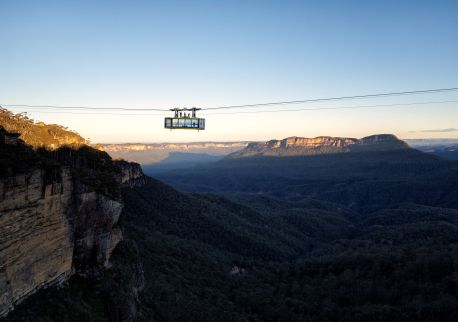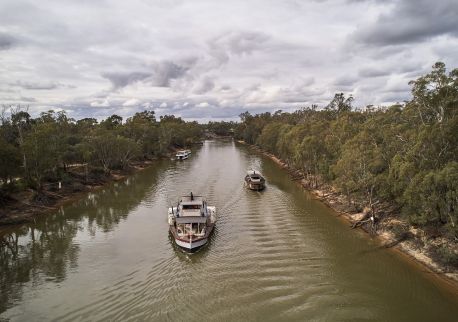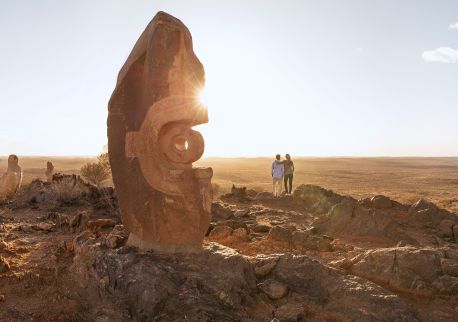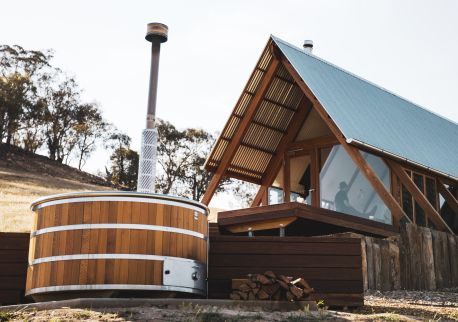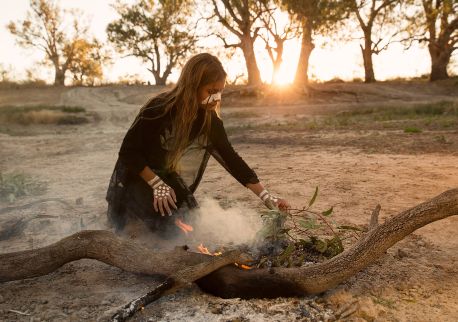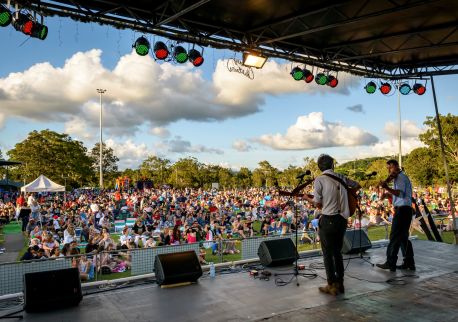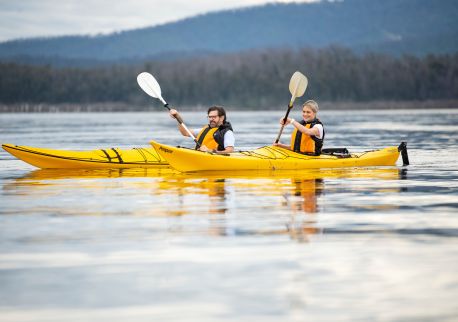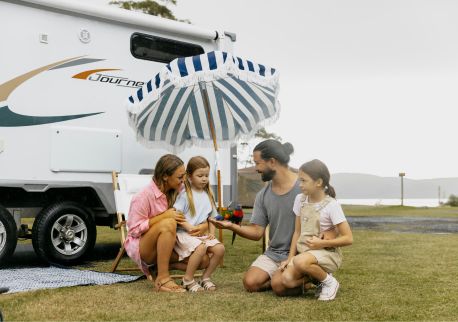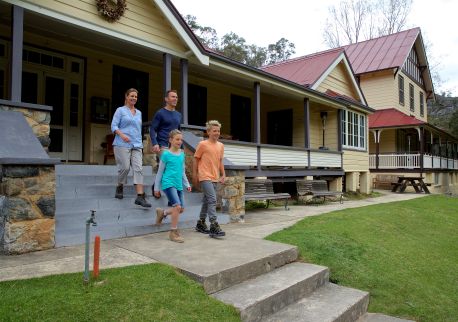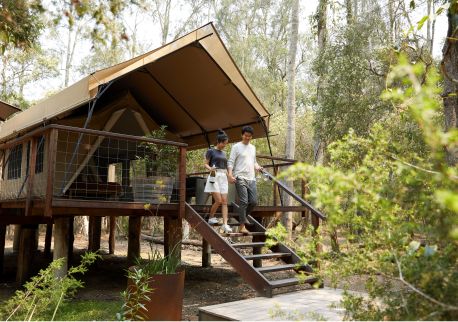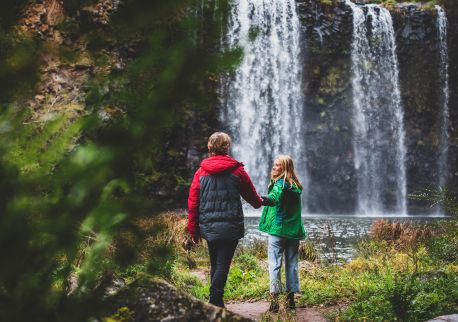Kandos Museum
Highlights
Overview
Kandos is the town that made the cement that made your town.
Established by the cement works in 1914, Kandos thrived as a modern 20th-century town in a spectacular rural setting. With the cement works closing in 2011, the Kandos Museum has a vital role in preserving the town's industrial and social history.
The museum is home to stories, objects and photographs focused on industrial heritage. Kandos Museum occupies the former Kandos Methodist Church built from cement made at the newly established Kandos Cement Works in 1919. Its Spanish mission appearance belies its real inspiration - the factories of the then burgeoning American car industry.
Surrounded by native gardens the museum is elevated above street level. Prominent at its entrance is a mural by descendants of the the Dabee Wiradjuri, the respected custodians of this land. On entering you see rare and fascinating equipment and relics of an industry, 20th century social history displays of military remembrance, school, sporting memorabilia, Scouting and Guiding, the Lady Bushranger, Post WW2 migration and music. Always showing are moving images on varied topics - the Sydney Harbour bridge, cement bag charity races to lectures on cement chemistry. In the grounds are large industrial artifacts - ball mill, rope way towers, buckets, coal loaders and loco.
Kandos Museum operated by Kandos Museum Incorporated, a not-for-profit, New South Wales incorporated association.

